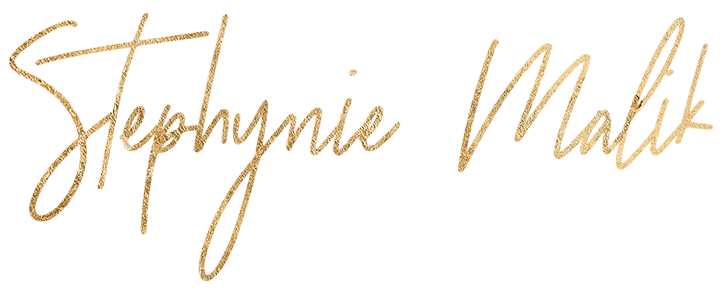Chameleon Up: Five Key Business "Lessons Learned" From My Favorite Reptile
There is zero shame in my game when it comes to learning — learning new things or new ways to adapt to my business environment. Knowledge is leverage. I'll even go outside the human species to learn about behaviors and how they link to their outcomes.
FACT! The science is clear. Chameleons lack the color pallet to camouflage to their environment. They adapt to changes in their emotions and environment. The color change communicates their mood for all to see.
Chameleons are all about awareness — self and situational. How could those two traits not improve the quality of the connection you have with clients, team members, or anyone else? Here is where the lessons begin.
Lesson One: The chameleon has haters
Many in business see the chameleon as fake, and that self and situational awareness are not a skill but a liability. I learned this firsthand while speaking to some sales professionals. People who lack knowledge and skills go chameleon to try to camouflage their weaknesses.
My Takeaway — This is interesting. Learn more.
Lesson Two: Perception can be more than reality
Paradigm. "A set of assumptions, concepts, values, and practices that constitutes a way of viewing reality for the community that shares them." A paradigm is a next level and deeply rooted perception.
My Takeaways — Behaviors drive outcomes. The paradigm is obvious and life impacting. Awareness, self and situational, will improve performance, productivity, and results in the global business world. It can lead to a more tranquil, meaningful, and gratifying personal life as well. Bonus!
Lesson Three: Cognitive bias is real
Closed mindedness, stereotyping, and paradigm buy-in are patterns of behaviors. The Availability Cascade and Bandwagon Effect are two of the many cognitive biases that can cause this type of thought pattern.
My Takeaway — Self-awareness and situational awareness are critical and transformative relationship skills that level up your personal and professional lives. Our biases impact the ability to accurately self-assess and even to recognize it's needed.
Lesson Four: "External" feedback and data opens the mind to change.
The only way to test our assumptions is to ask others. Stephen M.R. Covey nailed it when he observed, "We judge ourselves by our intentions. We judge others by their behaviors." Perfect! Ask those who are judging your behaviors for help.
My Takeaway — A simple and proven tactic to begin the personal transformation process. "Fear" is the reason many refuse to take this critical first step. I am ready willing and able to assist in guiding you through this process. Changing for you equals changing for good.
Lesson Five: The Moral of the Story
The real moral of the story is how our biases can close our minds and prevent transformative change. The Chameleon analogy is still my "go-to" answer to the most frequent question I get. ‘It’s reflex", ‘It’s a gift” or “I don’t know” are terrible answers when the question is “how do you connect so effortlessly to the people, problems, and situations?” They are truthful but terrible just the same.
Self-awareness is an understanding of myself and how I impact others. Many see the chameleon reference as helpful, but I must be alert to how bias influences behaviors — mine and my clients. My new answer to those who hate on chameleons but want to know my secret?
"I listened intently to the people who shared their "secrets" with me."
Which side do you take in the “Chameleon” debate and why?

